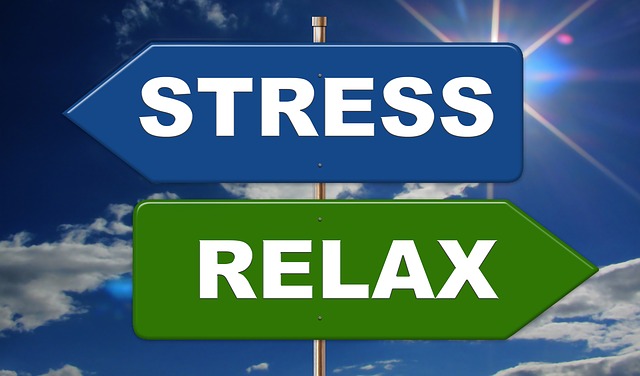Burnout is a condition that results from continuous working stress that has not been effectively controlled. It occurs when someone is exhausted from completing the work at hand, and the expectations placed on you surpass your capabilities.
Burnout is far more than a bad day or a terrible week since everyone has those in their jobs. Burnout occurs when you don’t have any days to rejoice for an extended length of time. You should be able to quickly grasp the situation when it’s something that has lasted more than a week or two. However, it might be difficult to shine the flashlight on yourself and notice when you are on the verge of becoming burned out at work.
Let’s look at a couple of the most prominent burnout symptoms to see if we can make things clearer for you.
Insomnia
Prolonged stress, according to research, disrupts the complex neurological and hormonal mechanism that controls sleep. It’s a downward spiral, because not sleeping causes the system to get even more out of balance. If you’ve discovered that you can’t snooze easily at night, you may be suffering from burnout.
Impatience
Perhaps you used to be a patient person who could participate in complex conversations with others. However, you’ve noticed that you’re growing increasingly annoyed with even the smallest request from your coworkers. In other words, your capacity to solve problems and interact productively with people has dramatically deteriorated.
Exhaustion

Image Credits: unsplash.com
Burnout is typically identified by weariness and a general sensation of depletion. You may experience not just physical tiredness, but also an emotional emptiness and exhaustion. So, if waking up in the morning and heading to the workplace each day is becoming more of a challenging task than usual, you might be on the verge of burnout.
Reduced professionalism
It may show itself as a refusal to speak with coworkers, tardiness in completing urgent duties, engaging in other tasks during work hours, or a lack of enthusiasm in professional development and upgrading current expertise. It could also be a sense of being misplaced or detached in work meetings and conferences.
Changes in eating habits
Burnout might also manifest itself in eating more or less than normal. People may eat less as a result of being too busy or fixated, or they may constantly need comfort foods that we all crave when we need something to lift our spirits. Hormonal changes may also impact appetite, making individuals feel fuller than normal while they’re under a huge amount of pressure and more famished than usual when the stress subsides.
Some of these subtler indications might be hard to detect, so consider the habits that are affecting your day-to-day life. Personal awareness is critical to keeping track of your health. Consider consulting a mental health expert if you’re suffering prolonged physical symptoms that might be signs of burnout to check if they’re caused by situational stress or anchored in other physical illnesses. Help is readily accessible; don’t dismiss the signs and symptoms as unimportant.




